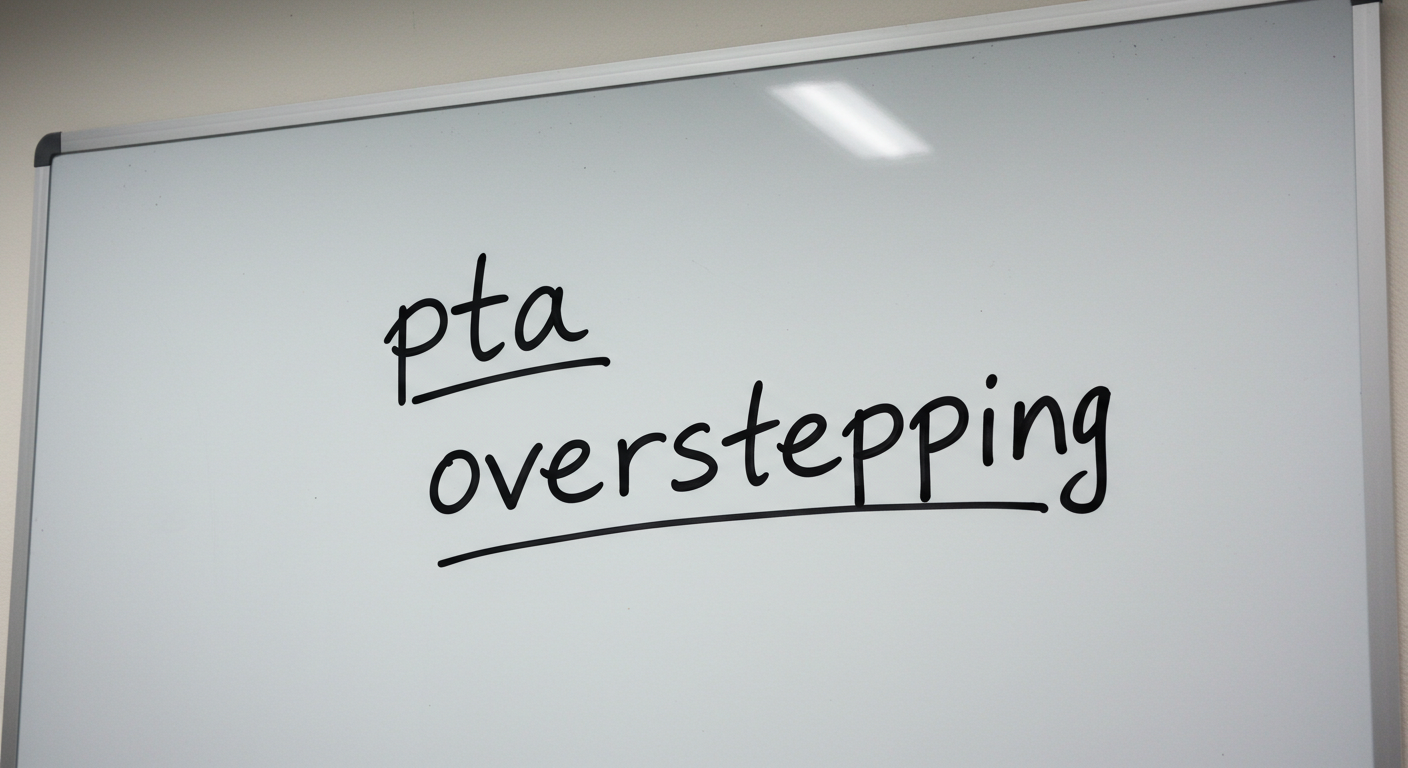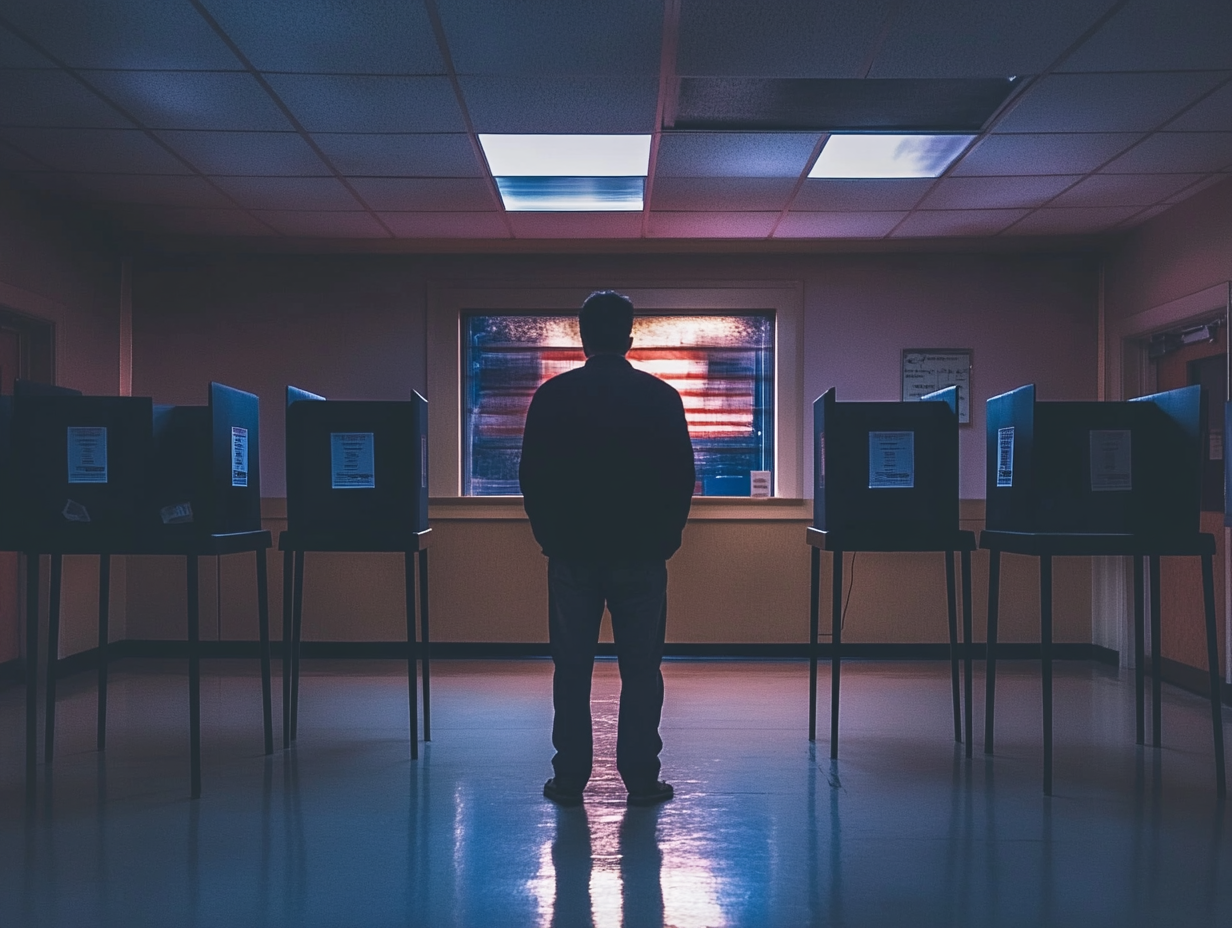Recent events in the Jericho School District have highlighted growing tensions between PTA leadership and community members, raising concerns about organizational culture, representation, and the ability of parents to freely express their views on matters affecting their children’s education.
Institutional Leadership and Community Response
The Jericho UFSD PTSA’s stated mission emphasizes “encouraging parent and public involvement in the Jericho Schools.” However, recent leadership behaviors have created what many parents describe as an intimidating environment that discourages open dialogue and authentic community participation.
In December 2024, Joint PTA Council President Aileen Gingold publicly expressed disappointment with community discourse during discussions about regionalization. Reports indicate that PTA leadership has demonstrated dismissive behavior during public comments, including eye-rolling and characterizing dissenting parents as “nasty” when they express views contrary to leadership positions.
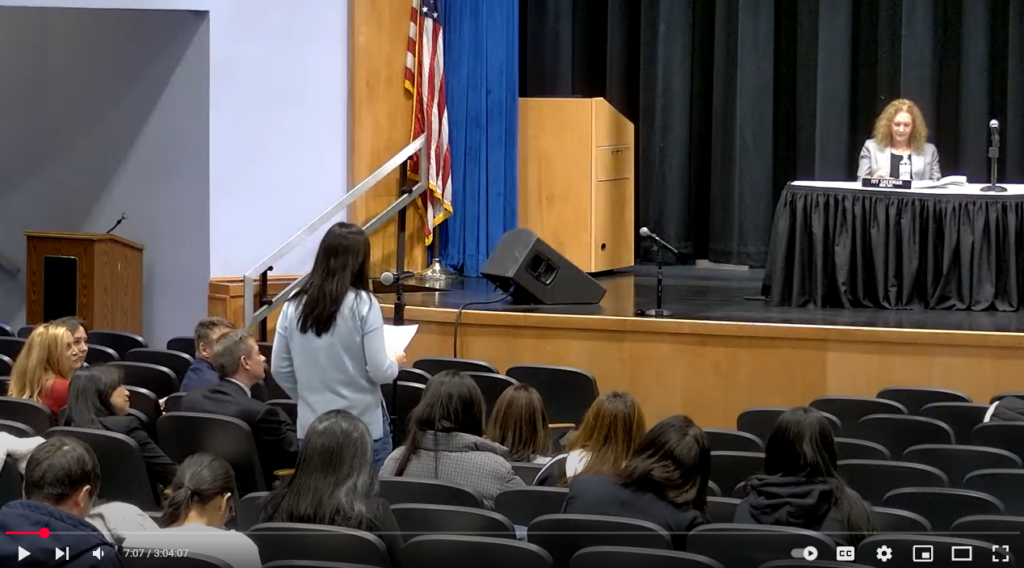
One month later, this same leadership proposed removing the Indigenous name “Cantiague” from the elementary school. The juxtaposition between attempting to moderate minority voices while simultaneously suggesting the elimination of an Indigenous place name has led many to question the organization’s commitment to genuine inclusivity.
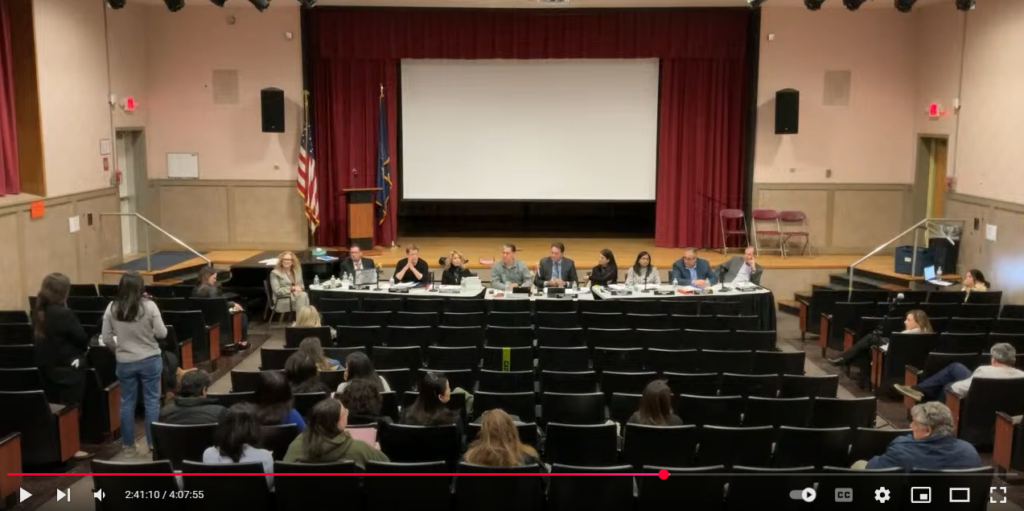
Culture of Intimidation
Multiple community members have privately expressed fear of speaking openly about district matters, citing concerns about potential repercussions from what they characterize as an insular group of PTA leadership. This atmosphere of apprehension appears to particularly affect families who hold viewpoints different from those of current leadership.
Parents report a pattern of subtle intimidation, including dismissive treatment at meetings and characterization of dissenting voices as problematic or uncivil. This environment stands in direct contradiction to the PTA’s stated purpose of bringing “into closer relation the home and the school.”
Governance and Oversight
The situation is exacerbated by apparent gaps in organizational oversight. With the most recent publicly available PTA handbook dating from 2022-2023, questions arise about current governance structures and accountability measures. This lack of transparent documentation compounds concerns about leadership conduct and decision-making processes.
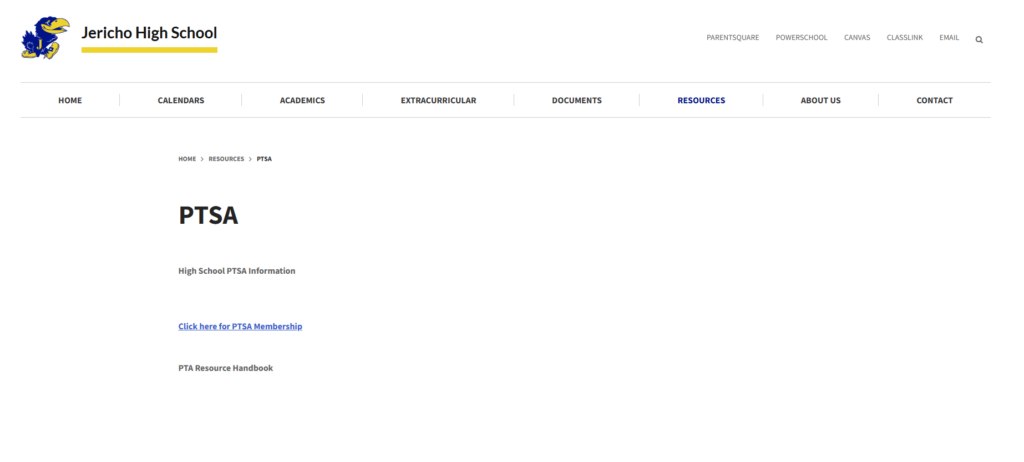
The relationship between PTA leadership and certain board members has also drawn scrutiny. When Gingold presented the school renaming proposal in January 2025, Board Member Citron, whom Gingold had previously publicly endorsed, moved immediately to advance the initiative.

Looking Forward
These circumstances highlight the need for renewed focus on creating an environment where all community members feel safe expressing their views about their children’s education. The current atmosphere of apprehension and selective engagement undermines the fundamental purpose of parent-teacher associations and threatens the quality of community dialogue about crucial educational issues.
As one sitting board member noted during the January 2025 meeting, passionate engagement often reflects the gravity of issues affecting children, finances, and homes. Creating space for such authentic engagement, free from intimidation or reprisal, remains essential to meaningful community governance.
The situation calls for serious examination of current leadership culture and implementation of measures to ensure all voices can be heard without fear of consequences. Only through such reform can the organization fulfill its mission of genuine parent-teacher cooperation in service of student welfare.
[Note: This article is based on documented public statements and broader community feedback, with specific sources anonymized to protect individual privacy.]
